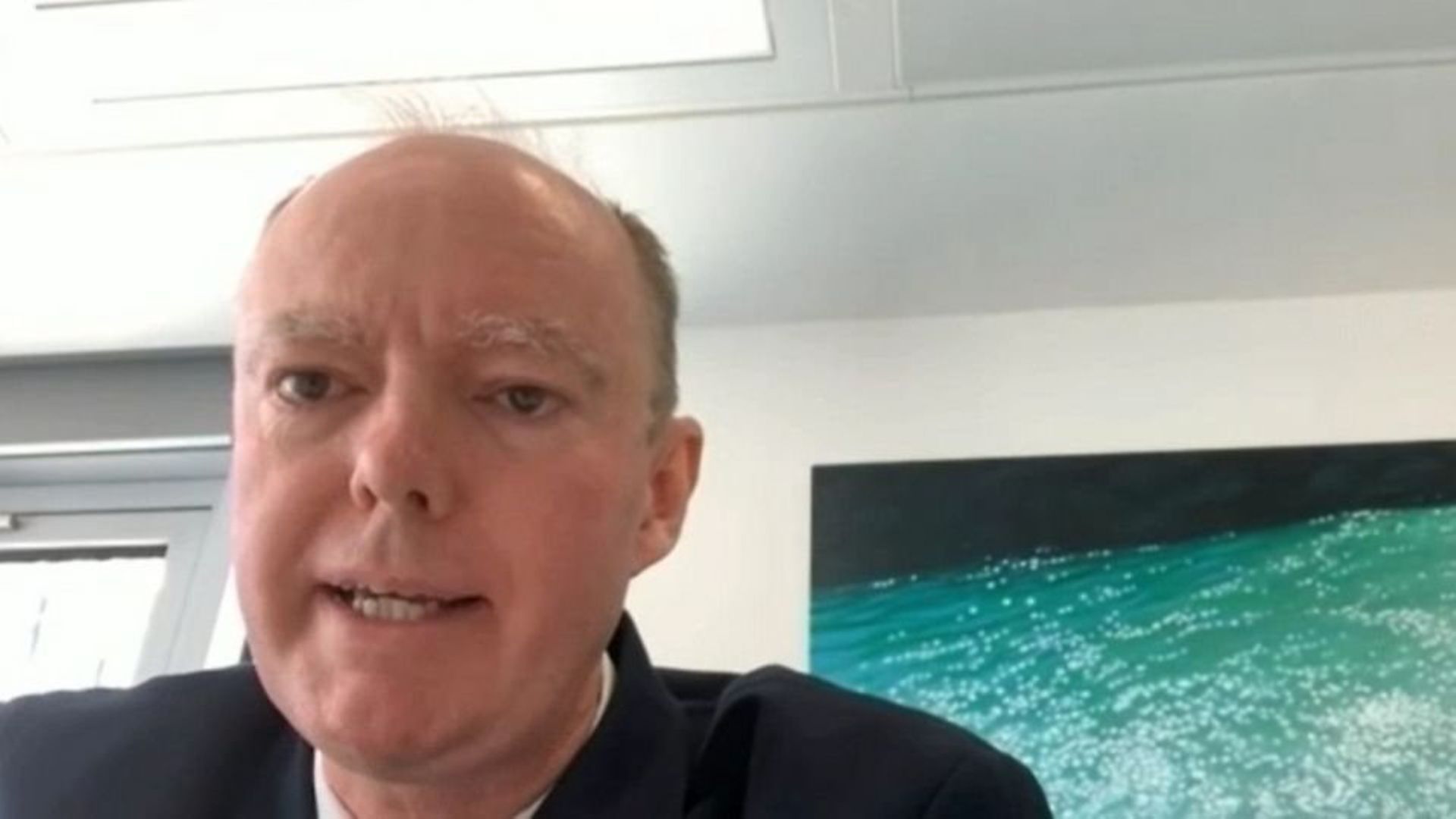
England’s chief medical officer has defended the actions taken over the coronavirus pandemic, blaming under-investment in public health for issues with the government response.
In a heated exchange with former health secretary and chairman of the Health and Social Care Committee Jeremy Hunt, Professor Chris Whitty told MPs that widespread community testing earlier on in the pandemic required ‘an infrastructure we did not have’.
Asked by Hunt why he had not advised that testing be ramped up quickly in January or February, as had been done in ‘four weeks’ recently, Prof Whitty said: ‘I respectfully differ.
Have your say
Send your letters for publication to The New European by emailing letters@theneweuropean.co.uk and pick up an edition each Thursday for more comment and analysis. Find your nearest stockist here or subscribe to a print or digital edition for just £13. You can also join our readers' Facebook group to keep the discussion and debate going with thousands of fellow pro-Europeans.
‘You are going to say I suspect at some point … why is test, trace and isolate not brilliant now?
‘This is after we’ve had huge investment and many months of preparation.
‘The idea that you can suddenly switch this on, I’m afraid, is incorrect.
‘The way you run emergencies badly is to try and run them based on a theory of what you could do rather than with the tools you have at your disposal.
‘That is the way we had to run it and that is the way we did run it.’
Asked what mistakes had been made, Whitty said: ‘Several of your previous witnesses said that we under-invested in public health over the period of time. I think at this point in time that is definitely true.’
He added: ‘Every time there is a crisis we always say that, and every time just after a crisis we invest, and then memories fade and people prioritise in other areas, and then there’s another crisis. This has happened, I’m afraid, repeatedly.’
Prof Whitty told Hunt that the Scientific Advisory Group for Emergencies (Sage) had consistently said that more testing capacity was needed.
He told Hunt: ‘If we wished to build this capacity up, we could have done it in previous years’.
But he agreed that, given the capacity, it was the correct advice to stop widespread community testing on March 12.
Prof Whitty also said that ministers followed scientific advice with a ‘delay that was no more than you would reasonably expect’.
Asked by Hunt if he was ‘content’ that the government followed his advice on staging different elements of the lockdown, Prof Whitty said: ‘Ministers at the time, who were put in an incredibly difficult position, in my view, followed the advice given by Sage, which are clearly signposted through the minutes of Sage, with a delay that was no more than you would reasonably expect for what are really very difficult things to operationalise and decide.’
He added: ‘I do not think, I’m not saying now and I’m not going to say at any point, to be clear, that in my view there was huge delay between the advice that ministers received, given the enormity of the difficulties that we were asking of people and the practical implications of what was being done.’









